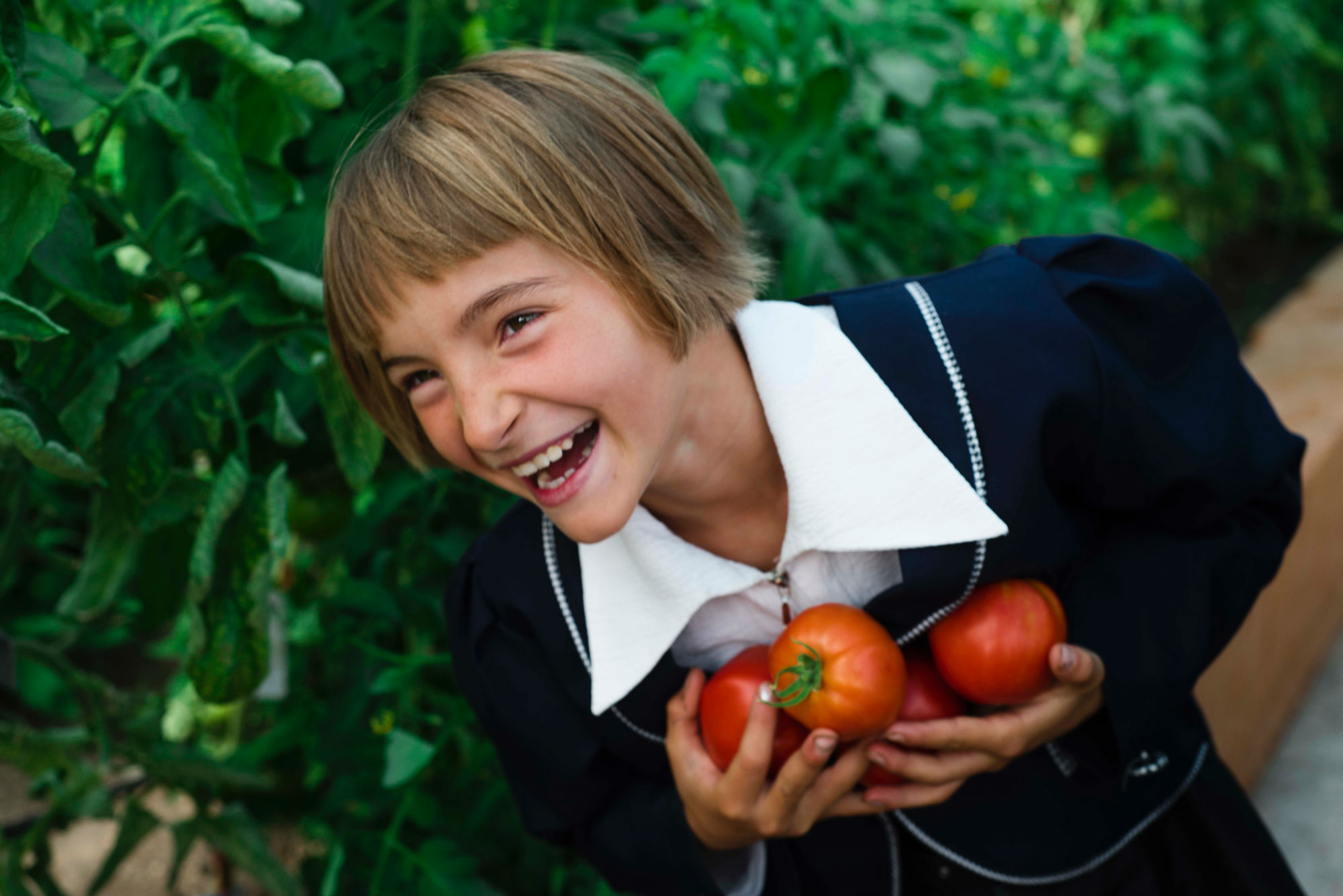Emotions ran high when my son’s U14 representative basketball team lost their grand final game by one point. They were frustrated, disappointed and totally devastated at the loss of their dream. Their coach sat with his head in his hands, no doubt replaying the dying minutes of the game in his mind. I wasn’t the only parent with tears in my eyes.
Competitive activity takes its toll both mentally and physically. It is nerve-wracking but rewarding, exhilarating yet exhausting. Kids train weekly, daily in some cases, as they strive to learn their sport or chosen art form. They practice, study theory, experience exams, games and public performances. They work hard to improve and achieve their best while doing something they love.

Nutrition is one way we can support active kids.
Providing good food and education on healthy eating choices is so very important in this age of fast food and quick fixes.
An unhealthy diet affects our ability to focus and concentrate. According to child and adolescent psychologist Sonia Sezenias, when a child is learning
‘the brain is meant to drift and wander, then come back. But how long this takes is the issue. If it takes too long, they will miss important information or instructions.’
Whether a child is learning at school, sport or dance, their ability to concentrate and retain knowledge is paramount to their development.
A well-fuelled brain and body helps kids feel motivated and positive.
They will be more inclined to manage their time effectively and resist the desire to procrastinate. Busy kids who juggle school, homework, social lives and extra-curricular activities need to ensure a healthy diet provides them with the strong foundation they require.
Eating healthily is quite simple. Regular meals and snacks composed of a variety of foods containing protein, fibre, carbohydrates and unsaturated fats are imperative for growing, active bodies and brains. Fresh fruit and vegetables are full of goodness, providing many necessary nutrients to aid physical strength, emotional wellbeing and long-term health. Treats and ‘occasional foods’ are fine, so long as they are eaten in moderation and are part of a well-balanced diet.

Of course, we must not forget hydration. Undertaking physical and mental activity depletes our water reserves, which makes us sluggish and inattentive. Sonia recommends that, where adults require at least one litre of water per day, an active child or teen should double this intake to stay sharp and focused.
Our kids’ minds and bodies are constantly active as they play, learn, grow and strive to do their best. To achieve this, they require strong emotional and physical reserves. We drive them around, cheer them on, and encourage them to explore their passions, but one of the easiest ways we can support their learning and development is through encouraging good nutritional habits. The food they eat affects their physical, mental and emotional health, now and in the future. It’s a worthy investment.
*Originally published in Dance Writer magazine October 2018







0 Comments